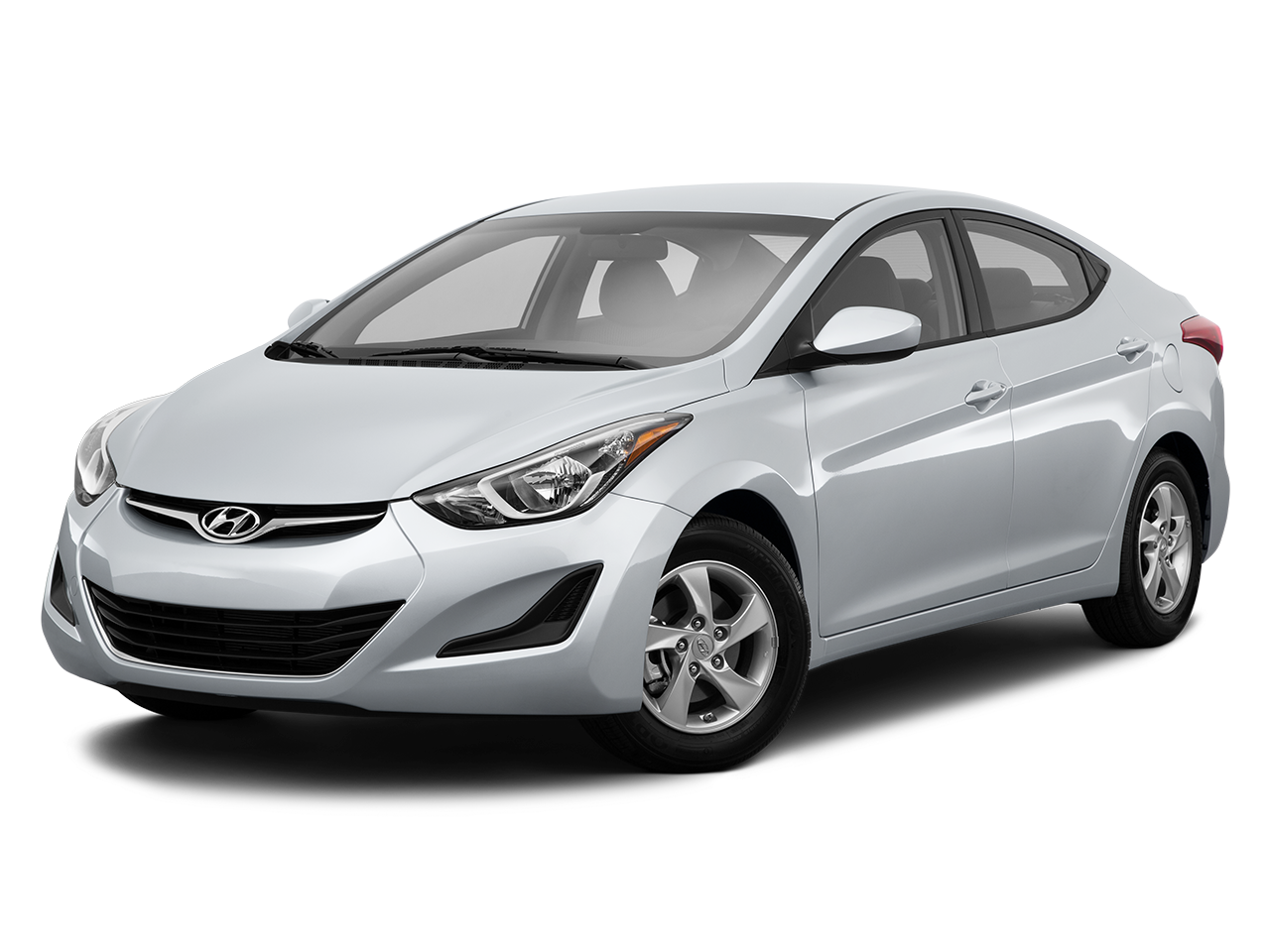Lease car insurance is the cheapest way to get car insurance in the UK for your new car. It is a specialized type of coverage, provided by a commercial insurance company to individuals who lease a vehicle. Lease car insurance is not obtained from the leasing company, but from a commercial insurance company that will insure you even if you do not maintain a regular auto insurance policy.
Coverages can include:
- comprehensive
- collision
- and liability
How does lease car insurance work?
Car leasing is the perfect way to get behind the wheel of a car you love without having to commit to purchasing it. Leasing lets you drive several different models over the course of your lease term, but sometimes this can lead to higher insurance premiums because it can be hard to predict how many miles you’ll need for your lease. Since leases are considered temporary or short-term, most insurance companies treat them that way, which can mean higher rates and more risks. A lease car insurance policy is designed to cover you in the event of an accident while you’re paying off your lease. This means that if you crash your car, it’s less likely that your bank will end up footing the bill.
Find a lease car insurance deal
Choosing insurance for your leased car doesn’t need to be a challenge. Insuro’s helpful online comparison tool allows you to quickly and easily search for lease car insurance quotes. We’ll show you offers that we’re confident are great choices for you. Insuro finds and compares hundreds of affordable car insurance quotes from more than 100 UK providers so that you can easily find a policy that suits you.
Online car insurance comparison
Insuro aims to take the hassle out of arranging car
insurance. Using our online comparison service makes it straightforward to find
competitive lease car insurance options. Just enter your details into the form
and we’ll get to work finding quotes we think you’ll love. You can then easily
view and compare the options to find a great value policy for your rental car,
or retrieve your quotes later on.
Save money on car insurance
Finding car insurance that works for you shouldn’t have to
cost the earth. Insuro’s comparison tool really does have the potential to save
you money – half of the customers who used our service were quoted under £350*
for their car insurance. Complete our simple form now to see if you too could save
money on your lease car insurance.
Car insurance quotes in moments
You can instantly find and compare great value insurance quotes for lease cars whenever you want to with our online search tool. If you want to compare offers from a wide range of insurers, enter your details now – you could find a great insurance offer in minutes. If you would like to find out more about your car insurance options over the phone, please contact us on 0800 0316 311 or email at mailto:[email protected] .
*50% of customers who bought car insurance via this comparison service, provided by Seopa, received quotes that were less than £350 (Jan ’16 Sales).
Where to go to find a car to lease?
Leasing a car is becoming a popular option for people who want to drive a new vehicle but don’t necessarily want to pay the price sticker. If you’re looking to lease a car, LeaseCar UK can help, click here.


